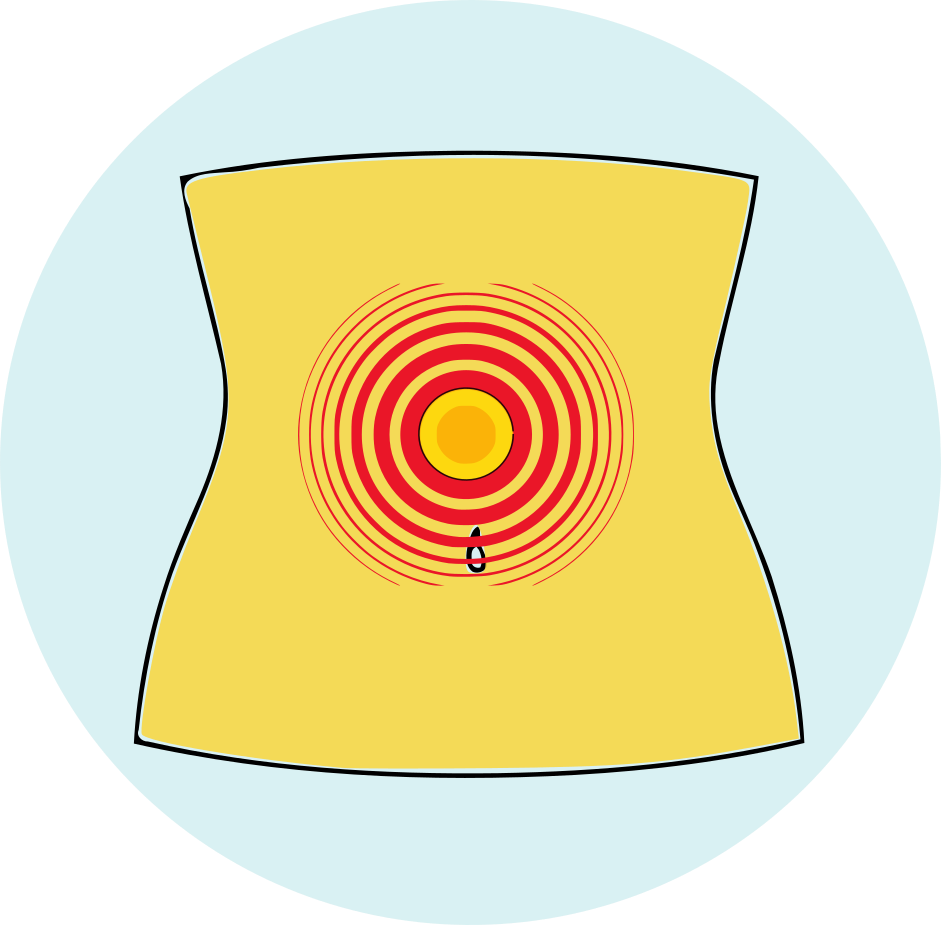Medicine details
| Image |  |
| Name | Magaplus |
| Dosage | Suspension |
| Generic Name | Magaldrate |
| Classes |
Antacid Gastrointestinal Agent |
| Diseases |
Gastrointestinal Disease Heart Burn Indigestion Sour Stomach |
| Company | Kemiko Pharmaceuticals Ltd. |
Drug Package Details
| Strength | 400 mg/5 ml |
| Storage Condition | |
| Origin Country | Bangladesh |
| Commercial Pack | 1 |
| Price per pack | ৳ 54.20 |
| Cost per pack | ৳ 47.70 |
| Package unit | 200 ml bot |
| Price per unit | ৳ 54.20 |
| Cost per unit | ৳ 47.70 |
| Discount | 0 |
| Coupon | |
| Remarks |
Magaldrate
Magaldrate is a hydroxy-magnesium aluminate complex that is rapidly transformed by gastric acid to Mg(OH)2 and Al(OH)3, which are poorly absorbed and give a long-lasting antacid action.
Magaldrate is indicated for symptomatic relief of the following conditions-
- Gastric acidity
- Dyspepsia
- Flatulence
- Gastric ulcer
- Magaldrate is available as syrup and tablets.
- Tablet: Magaldrate is usually taken in the form of 1-3 tablets after meals and before bedtime, or as advised by a physician.
- Syrup: 2 to 3 teaspoonfuls, 3 or 4 times a day, half an hour after or before a meal, and before sleep
Side effects of magaldrate include-
- diarrhea
- abdominal pain
- constipation
- taste disturbance (metallic taste, chalky taste)
- milk-alkali syndrome
- Large doses of this product may trigger or aggravate intestinal obstruction and ileus in patients at higher risk, such as those with renal impairment or the elderly. Aluminium hydroxide may cause constipation, and magnesium salts overdose may cause hypomotility of the bowel; large doses of this product may trigger or aggravate intestinal obstruction and ileus in patients at higher risk, such as those with renal impairment or the elderly.
- Because aluminum hydroxide is poorly absorbed from the gastrointestinal tract, systemic effects in persons with normal renal function are uncommon. Excessive doses, long-term use, or even typical doses in individuals on low-phosphorus diets can cause phosphate depletion (due to aluminium-phosphate binding), accelerated bone resorption, hypercalciuria, and osteomalacia. Long-term use or people who are at danger of phosphate deficiency should seek medical guidance.
- Aluminium and magnesium levels in the blood rise in people with renal impairment. Long-term exposure to large dosages of aluminum and magnesium salts may cause dementia and microcytic anemia in these patients. Patients with porphyria who are receiving hemodialysis may be at risk from aluminum hydroxide.
Contraindication
- Contraindicated in patients hypersensitive to any component of the medication.
- Coadministration with tetracycline and quinolone antibiotics is contraindicated-
There's no known contraindications of the medication in terms of food and drinks.
Contraindicated in patients with hypophosphatemia.









 Bangla
Bangla English
English